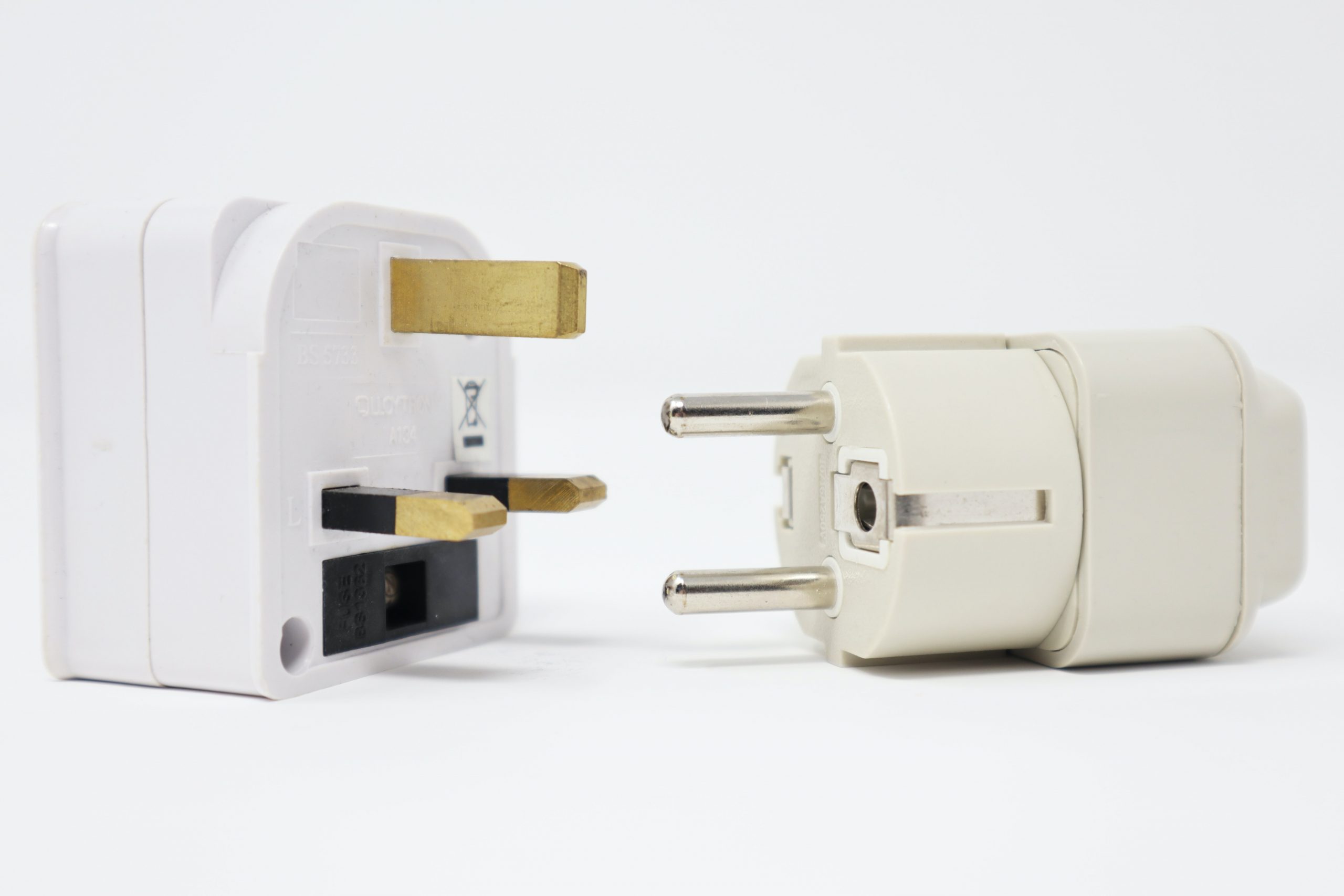Despite government announcing a support package for business today which aims to offset some of the surging costs of gas and electricity, thousands of employers will still be worrying about the impact of the cost-of-living crisis. Many are even looking at whether they can afford to remain open.
The six-month price cap for businesses, which will take effect from 1 October, will do little to alleviate this stress. Even with electricity prices being slashed by 50% many employers are faced with paying out nearly five times more for electricity than they did just two years ago.
Simple money-saving ideas such as switching off lights and turning off heating in the workplace can bring dangers many employers have simply not considered.
“The hike in energy prices is affecting the nation – and business owners are feeling the squeeze too.
“It might be tempting to reduce or turn off lighting in certain areas of the workplace. And whilst this could save money if done correctly, it could also increase the risk of slips, trips, and falls – which in the long run, could cost you a lot more!
“Not only that, low lighting can reduce productivity and even contribute to headaches, eyestrain, migraines, and other illness.
“Similarly, while turning off the heating might sound easy way to save money, it could put you in breach of health & safety welfare regulations – not to mention putting your workers’ comfort and productivity at a detriment.
“It’s a confusing area of legislation, as whilst there’s no law for minimum working temperatures, guidance suggests a minimum of 13C where physical work takes place and 16C elsewhere.
“However, there is a duty on all employers to exercise a duty of care to employees which extends to their health, safety, and wellbeing.
“As bills keep going up and up, it’s no surprise that many of us are trying to find innovative ways to save the pennies. As such, some employees may choose to charge their appliances at work rather than running up their own electricity bills.
“Employers would be remiss to ignore the risks of having unregulated appliances on-site. All electrical equipment from mobile phone chargers to e-bikes, heaters to personal laptops, should be added to an inventory of appliances, formally inspected, tested and CE marked.
“You should also avoid charging appliances overnight and in fire exit routes.
“Lastly, finding good deals is particularly important as the cost-of-living crisis rages on. But there are some things – like electrical appliances and workplace machinery – that simply shouldn’t be skimped on.
“Buying cheap equipment, particularly from unknown online sources, could mean you are buying equipment that doesn’t comply with UK legislation and could go up in flames, quite literally.
“Whilst times are tough and the purse strings are tight, it’s important to never lose sight of health & safety. This should be of the utmost priority to any business, both in terms of staying compliant and avoiding fines, while keeping you, your staff, and your clients, safe and well.”









